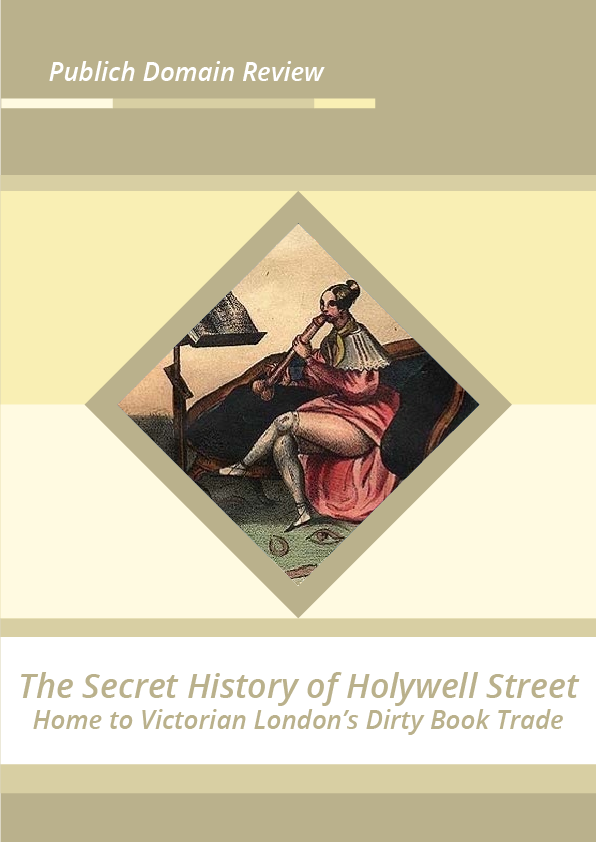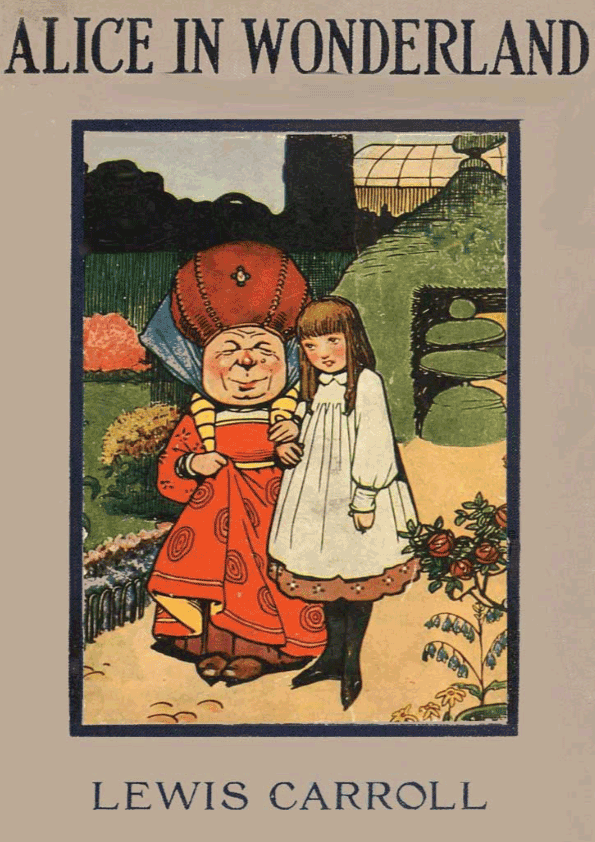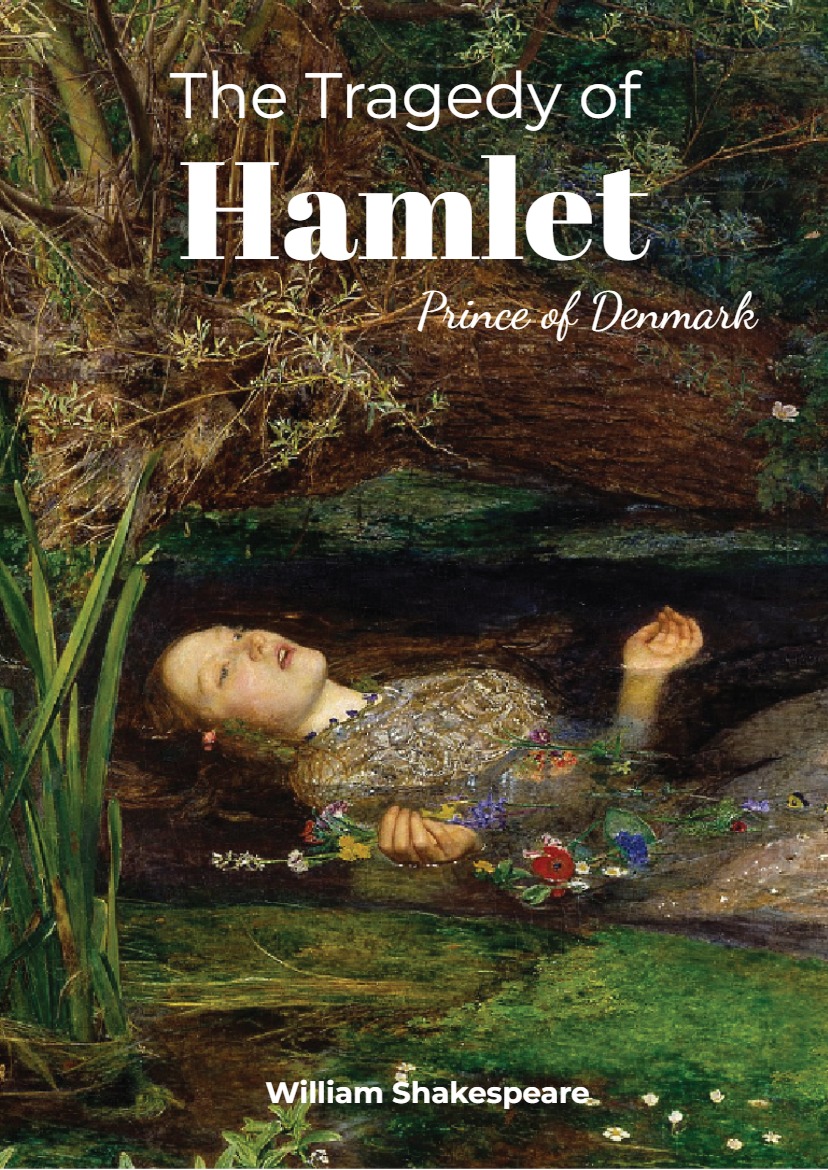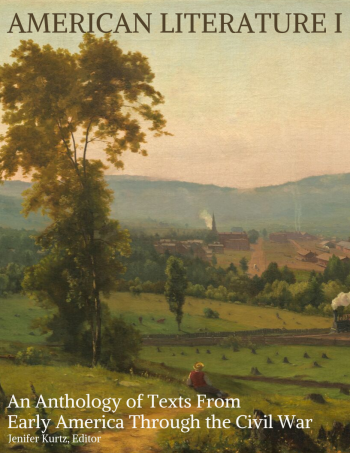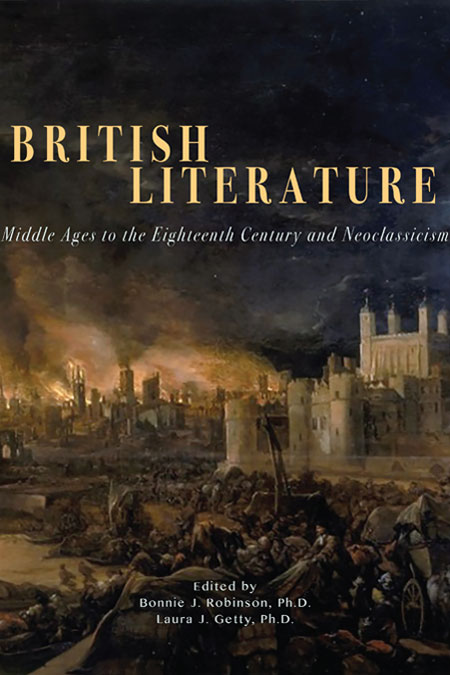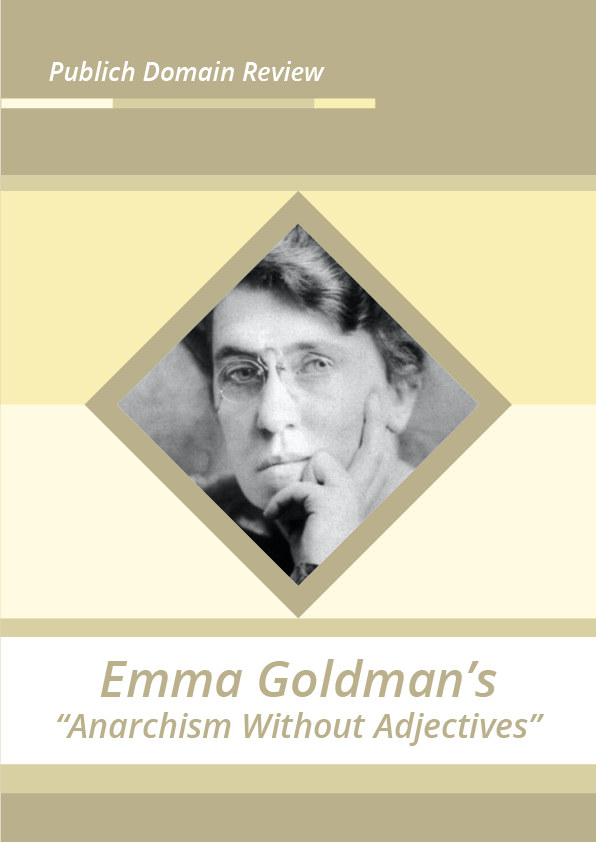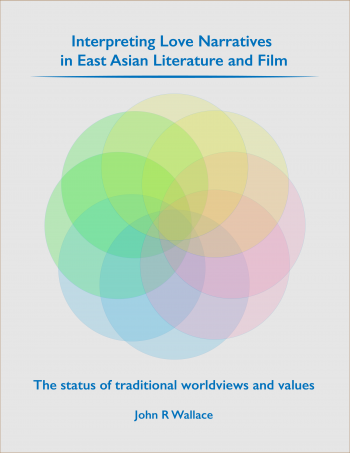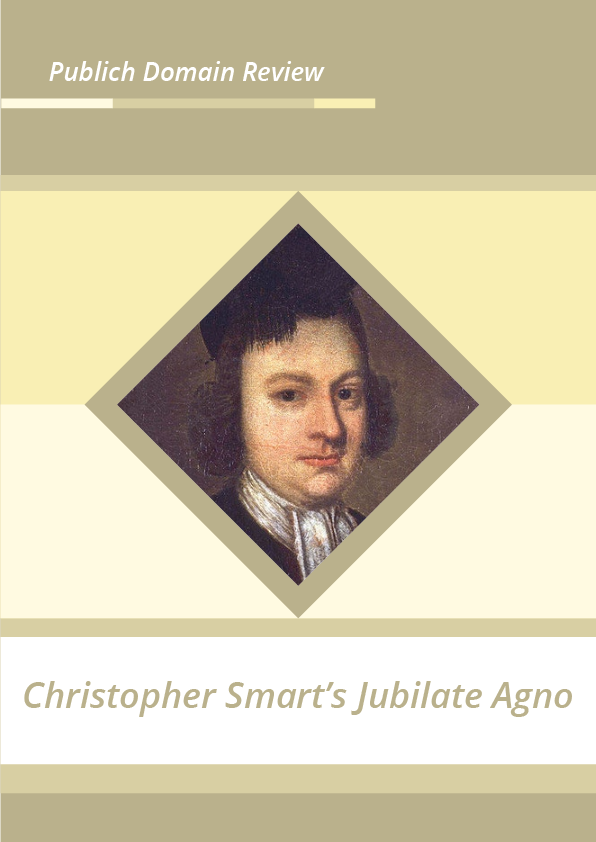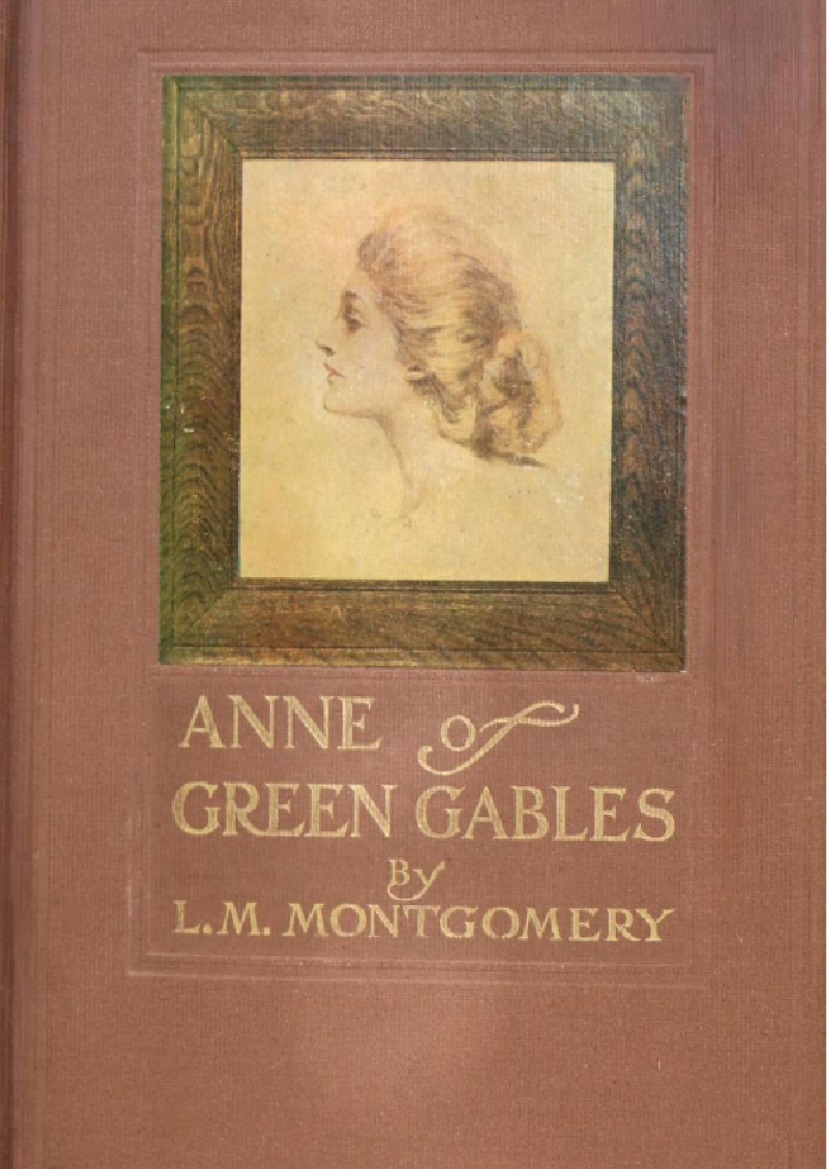Victorian sexuality is often considered synonymous with prudishness, conjuring images of covered-up piano legs and dark ankle-length skirts. Historian Matthew Green uncovers a quite different scene in the sordid story of Holywell St, 19th-century London’s epicentre of erotica and smut.
At the eastern end of the Strand, opposite the Royal Courts of Justice, William Gladstone stands atop a plinth. Four times Queen Victoria’s Prime Minister, this eminent, emblematic Victorian is flanked by four female effigies testifying to the virtues of education, inspiration, courage, and brotherhood. Gladstone himself looks stately and solemn, as is fitting, but also mildly outraged, all clenched fists and frowns.
Well might he: he’s staring straight down what was, in his day, variously described as “a foul sink of iniquity”, “a place where dirt and darkness meet and make mortal compact” and, in the words of the Times, “the most vile street in the civilized world”. This was Holywell Street, the meridian of London’s booming pornography trade and, throughout the century, a byword for the dirty book trade long before Soho. It was the very antithesis of the noble and apparently rock-solid values embodied by Gladstone’s effigy companions and an affront to his own Christianity, which saw him scouring London’s streets late at night to rescue fallen women.
Today, the street has vanished. If you rest your back against Gladstone’s plinth and look down the Strand you have colossal Australia House in front of you; the grimy Church of St Mary Le Strand a little further down, lost amidst swirling tides of traffic; and to your right, dreary Aldwych curving towards Holborn. But from exactly the same vantage point in Gladstone’s day the scene would have been very different: two narrow, rambling streets squirrelling into the distance. One, to the right, was Wych Street; the other, tucked directly behind the Strand, was Holywell Street.
If, when it comes to the pleasures of the flesh, we are accustomed to think of the Victorians as a prudish and repressed breed, a trip down Holywell Street in the late nineteenth century would be an eye-opening experience. It was unusual in appearance. There were crooked timber-framed houses with gables lurching over the street, blocking out the light, as though caught in a time warp from medieval London. In some senses this gave it an antique, picture-postcard charm. But many of the old wooden-fronted, deep-bayed buildings were grimy and semi-dilapidated — sleazy, even. Books abounded, stuffed into sooty shop windows, spilling onto trestle tables on the pavement, and being forever unloaded from horse-drawn carts. Above one second-hand bookshop, at number 37, was a golden crescent moon with pouting lips, thick eyebrows, a fine nose, and sad, sulky eyes — reportedly the oldest shop sign in London, one that features prominently in contemporary paintings. It guarded the entrance to Half-Moon Passage, a dark alley reeking of urine, down which pedestrians could see swarms of vehicles and people on the Strand framed in a piercingly bright aperture as though caught in the lens of a camera obscura.
Situated on the cusp of Fleet Street, the nerve centre of the biggest publishing industry in the world, Holywell Street was originally the terrain of radical pamphleteers and printmakers. But following a government crackdown on subversive print in the 1810s, maverick publishers diverted their revolutionary impulses from radical politics into lucrative pornography, and the street became a powerhouse of the dirty book trade.
One denizen of Holywell Street was William Dugdale, one of the most prolific publishers of dirty books. He was a wily man, full of subterfuge. Some of his favourite tricks included passing off very old books as brand new simply by changing the title, or sometimes claiming new books were vintage, giving them an unjustified kudos. He also liked to rip chapters out of other people’s books and pass them off as original short works, add racy and suggestive subtitles to completely innocent novels, and write his own advertising copy, praising the brilliance of works he had himself written.
In 1857 the government passed the Obscene Publications Act, threatening pornographers with ruinous prison sentences and transforming Holywell Street into a wellspring of illicit erotica. Dugdale had to operate under at least four fake names and from several different addresses. He had managed to evade custodial sentences for some time (brazenly threatening a jury with a knife at one point) but a decade later, his luck ran out. Finally convicted, he died a lonely death in the Clerkenwell House of Corrections in 1868 having received a sentence of hard labour which, at his age, was tantamount to a death sentence.
But in spite of the draconian law, shopkeepers proved resourceful and Londoners could still find, dotted among the clothes-men’s stalls and the more respectable second-hand bookshops, dollops of pornography. “At present the sale of [illicit books and prints] is only partially suppressed”, declared the authoritative Survey of London in 1878. Of a typical day on Holywell Street, there would have been swarms of men — sometimes women too — hovering outside certain shop windows and occasionally vanishing inside to sink their teeth into the forbidden fruit of Victorian London. Suggestive title pages and obscene engravings in the window were indicative of a pornographic presence within. A mid-century Daily Telegraph article decried members of the weaker sex “furtively peeping in at these sin-crammed shop windows, timorously gloating over suggestive title-pages, guiltily bending over engravings as vile in execution as they are in subject”.
